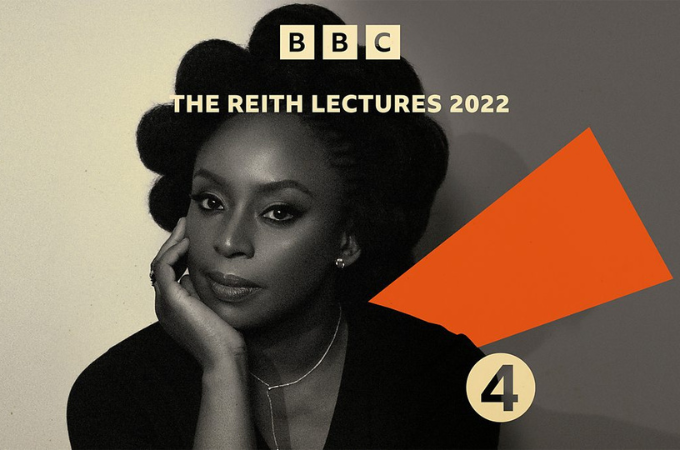
Nigerian author Chimamanda Ngozi Adichie was one of four speakers commissioned to deliver the 2022 BBC Radio 4 Reith Lectures.
The annual lecture series was established in 1948 in honor of John Reith, BBC’s first director-general. For the 2022 lectures, each speaker explored one of four themes inspired by Franklin D. Roosevelt’s “Four Freedoms” speech: Freedom of Speech, Freedom of Worship, Freedom from Want, and Freedom From Fear. Adichie delivered the lecture on “Freedom of Speech.”
In her speech, which is now available on BBC Sounds, Adichie recalls her childhood in Nsukka, witnessing the speech censorship in military-ruled Nigeria, drawing a parallel with what she describes as the “social censure” in modern Western societies, where citizens are censored not by the government, but by fellow citizens.
Referencing thinkers such as Mahatma Gandhi, John Stuart Mill, Alexis de Tocqueville, and many others, she reflects on the ramifications of the recent attacks on Salman Rushdi. She also explores the concept of free speech, why it needs to be protected and what makes it different from what she calls “free speech absolutism.”
Towards the end of the lecture, she discusses the relevance of questions about free speech to digital culture, which she argues has become intolerant and incapable of holding complex conversations across opposing sides in the debates shaping ideas about life and politics.
We have put together a few quotes that stand out to us. Go here to read the full lecture.
1
No human endeavour requires freedom as much as creativity does. To create, one needs a kind of formless roving of the mind, to go nowhere and anywhere and everywhere. It is from that swell that art emerges.
2
As a reader, I have often felt the magic of literature, that sudden internal shiver while reading a novel, that glorious shock of mutuality, a sense of wonder that a stranger’s words could make me feel less alone in the world.
3
Literature shows us who we are, takes us into history, tells us not just what happened but how it felt and teaches us, as an American Professor once put it, about things that are “not googleable.” Books shape our understanding of the world.
4
I do not deny the power of words to wound. Words can break the human spirit. Some of the deepest pain I have experienced in my life have come from words that somebody said or wrote, and some of the most beautiful gifts I have received have also been words.
5
I believe deeply in the principle of free expression, and I believe this particularly because I am a writer and a reader, and because literature is my great love and because I have been formed and inspired and consoled by books.
6
My first instinct, on learning that a book has been banned, is to seek it out and read it.
7
In this age of mounting disinformation all over the world, when it is easy to dress up a lie so nicely that it starts to take on the glow of truth, the solution is not to hide the lie but to expose it, and scrub from it, its false glow.
8
While social media has re-shaped the traditional power dynamic by giving some access to the powerless, it has also made it easy to mistake the loudest voices for the truest.


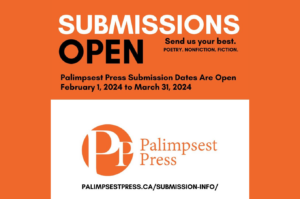


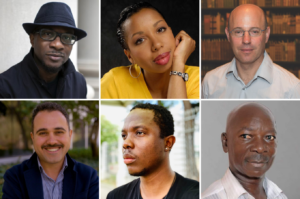
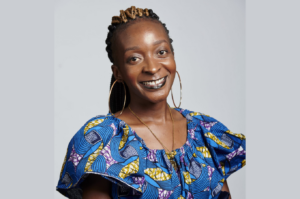
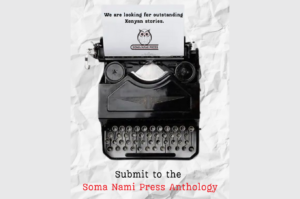

Simiat Abaru January 11, 2023 11:07
I have seen and read everything Chimamanda has put out ever since she became my role model (2010). My monthly subscription has been largely for her, Michelle Obama, Oprah Winfrey and Lupita Nyong'o. You all have inspired me so much that I have become an inspiration to many others in my community. Well done !!